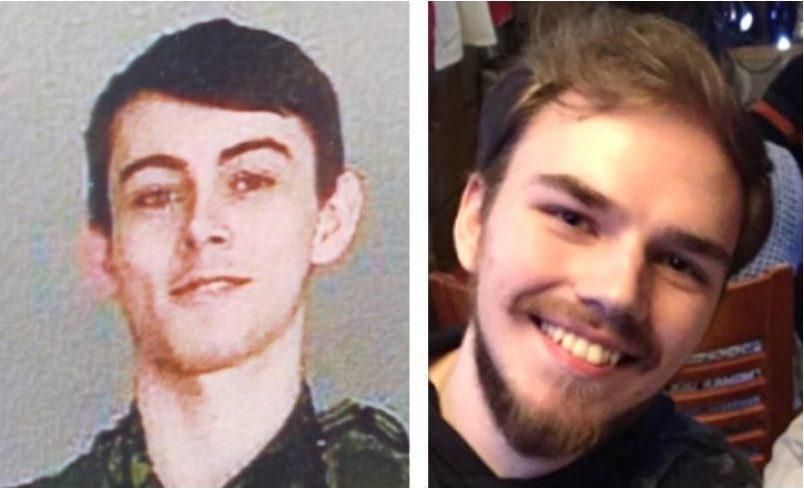VANCOUVER—Two British Columbia men who were suspects in the deaths of three people and led police on a manhunt across Western Canada shot themselves, the RCMP said Monday.
Police said it appears Bryer Schmegelsky and Kam McLeod were dead for a number of days before their bodies were found in the northern Manitoba wilderness on Wednesday, but the exact time of their deaths isn’t known. Their autopsies were done by Manitoba’s medical examiner.





